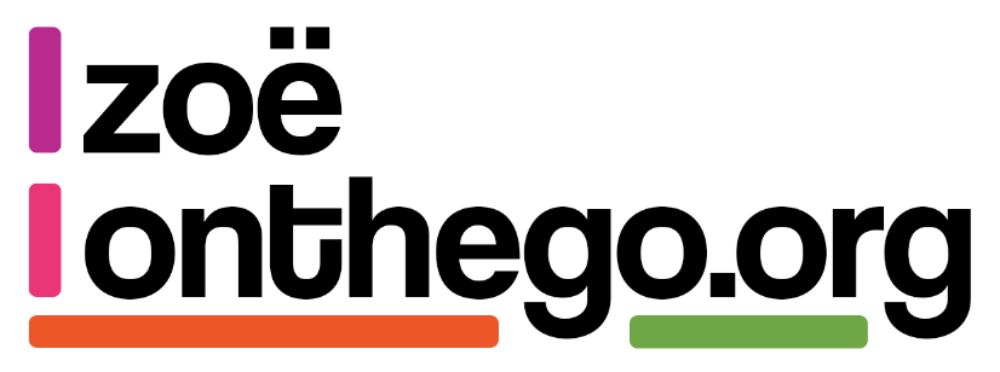Are the roles of Scrum Master and Delivery manager the same?
Continuing on my recent musings on the different roles within Agile multidisciplinary teams, today’s blog focuses on the role of the Delivery Manager, or the Scrum Master, and whether these roles are really the same thing.
This is a conversation that came up a few weeks ago at the #ProductPeople community meetup in Birmingham, and something that causes quite a bit of frustration from those people I’ve talked to in the Delivery Manager community.
The role of the Scrum Master is that of facilitator within the multidisciplinary team, it is a role particular to Scrum, and they are the ‘expert’ on how to make Scrum work, often described as a ‘Servant leader’ they help everyone in the team understand the theory and practices of Scrum as a way of working together.
Within digital government the role has been widened out to include other responsibilities, and often mixed with the role of the Delivery Manager. Emily Webber did a fantastic blog a few years ago on the role of the Delivery Manger, and as she put’s it, while the roles are often used interchangeably, they really shouldn’t be.
But why not? What makes them different?
As said above, the Scrum Master focuses on the ‘how’ of Scrum as a methodology. The are the expert in the room on how best to utilise Scrum to deliver. They are more akin to an agile coach, guiding the team, and often the person best versed on the most up to date practices and ways of working.

But for me, the Delivery Manager focuses more on the ‘What’ and ‘When’. While the Product Manager (or Owner) focuses on ‘Why’ the team are doing what they are doing, the problems they are trying to solve, the vision they are trying to deliver. The Delivery Manager is looking at what could block the team from being able to deliver; what the right make up of the team needs to be in terms of roles and capabilities, what governance processes does the team have to meet in order to stay on track to deliver, and when delivery will happen.
As the Digital Data and Technology capability framework says, at the most basic level the delivery manager is accountable for the delivery of products and services. They are very much a doer paired with the Product Managers visionary thinker. They make sure things actually happen. They hold the Product Manager and the team to account and keep them on track.
They are the heart of the team, responsible for maintaining the health and happiness of the team; they understand who from the team will be available and when, making sure people are able to work well together, identifying conflicts and ensuring the team stay motivated and happy in order to enable delivery.

When you look at the role as explained in the capability framework it looks very straight forward, build and motivate teams, manage risk s and issues, ensure delivery, ok great. But then you get to the bit that merges the scrum master tole and the delivery manager role, and this is where a lot of individuals I know within the team struggle, “coach team members and others, facilitate continuous improvement and apply the most appropriate agile and lean tools and techniques for their environment”.
This is actually quite a big task, to stay on top of the most appropriate agile and lean tools and techniques requires a lot of self learning; which is fantastic, but also requires quite a bit of time away form the team you are meant to be supporting.
Most Delivery Managers that I know (certainly within CQC, and others I have talked to across Government) are involved with (if not directly responsible for) the business cases for their Products and Services. Unblocking issues, ensuring funding requests, requesting resources, etc. this all takes up a lot of a Delivery Managers time. When you are also meant to be running the daily stand-ups, managing team retrospectives, monitoring team velocity and organising show and tells you can find your days are very full.

More and more delivery managers that I know are finding they just don’t have time for the ‘people centric’ part that is meant to be at the heart of their role, as Projects and Programmes utilise them more and more as project Managers who are also scrum masters, and so our Delivery managers feel pulled in two directions, and our teams suffer because of it.
When organisations so often find they are struggling to deliver, often at the heart of that is the issue that they have not properly recognised the role of the Delivery Manager. This is a fundamental issues, especially when organisations are new to agile ways of working. Embedding ‘how’ to be agile, takes up just as much time as understanding ‘what’ you can deliver and ‘when’.
Perhaps in mature agile organisations bringing those roles together makes more sense, but for now I think we need to go back to letting our Delivery Managers focus on making sure we can deliver, and our scrum masters helping us use the right techniques to be able to delivery well.

